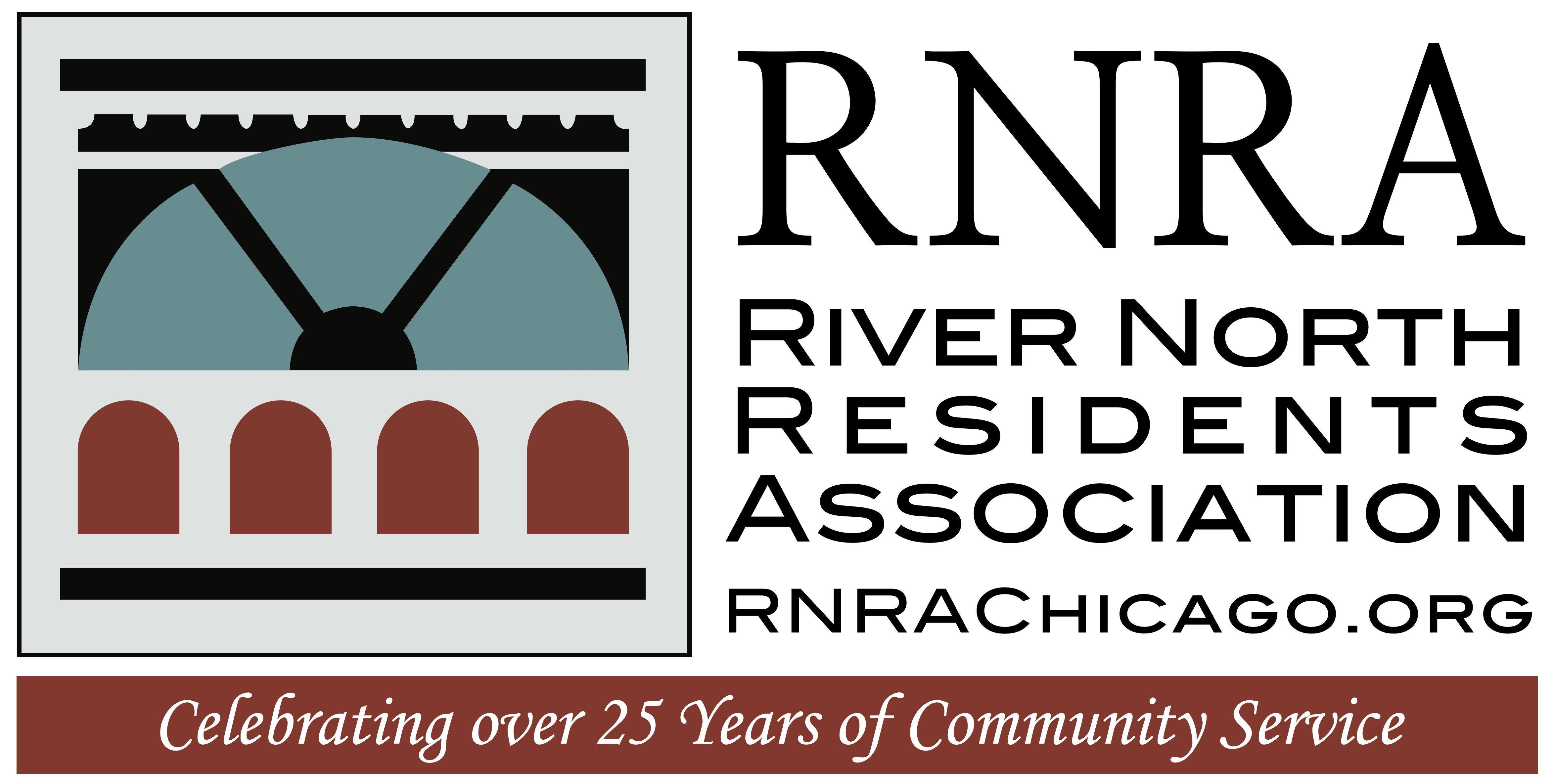Earlier this week, Alderman Reilly secured City Council approval for his Condominium Deconversion Ordinance, co-sponsored by Alderman Osterman, Alderman Hopkins, and Alderman Smith.
Deconversion is the process of dissolving a condominium association and selling the entire condominium property to a third party who will turn the building into an apartment complex. The deconversion process is governed by Section 15 of the Illinois Condominium Property Act.
Under State Law, a deconversion will be approved if 75% of all unit owners vote in favor of the deconversion. That said, nearly ¼ of building owners would be forced to sell their condo units against their will if a deconversion vote passes at 75% approval.
During the deconversion process residents are often not fairly compensated for their properties. Purchase price is based on percentage of ownership instead of true market value of individual units. Therefore, residents who have significantly improved or renovated their units are not rewarded financially, and often suffer a loss.
Deconversions negatively affect the elderly and long-time unit owners the most. After being forced from their houses, many elderly residents and long-time unit owners are unable to purchase units in the same neighborhoods where they have lived for decades. Many of the hardest-hit individuals are retired, living on a fixed income.
Alderman Reilly’s Condominium Deconversion Ordinance invokes Chicago’s “Home Rule Authority” to overrule Section 15 of the Illinois Condominium Property Act, to raise that threshold to 85%, thus protecting unit owners who don’t want to sell their homes.
Over the last two years, deconverting condominium buildings into apartment complexes has become a popular practice among real estate companies throughout Chicago.
Alderman Reilly sponsored the ordinance after receiving correspondence from numerous constituents and residents throughout Chicago who have shared the devastating impact that deconversions have had on their lives.
When real estate companies approach financially insolvent associations or buildings that need substantial structural repairs, deconversions can have a positive impact. However, real estate companies have been targeting condominium buildings with solvent associations and using dishonest tactics to force unit owners to agree to sell the building.
When a building is being targeted for deconversion, development companies will purchase units within the building until they own a majority of the property – leaving other unit owners who do not want to sell at a significant disadvantage.
Alderman Reilly’s ordinance increases the vote threshold required for a building to sell itself – requiring a higher bar for affirmative votes to deconvert, thus reducing the percentage of unit owners that would be forced to sell against their will. This means that any entity seeking to purchase the building must present a proposal that is approved by a larger percentage of the unit owners.
Although the Alderman can’t intervene on private contractual issues, including property ownership (meaning who buys / sells units in a building), there are steps a Condominium Board can take to prevent unscrupulous developers from positioning themselves in a position of power in a building.
Many 42nd Ward condo associations have implemented, or are implementing, rental caps to reduce the number of absentee / investor owners of a building, and / or ownership caps to ensure that no single entity can control an outsized portion of the building.
When buildings implement rental or ownership caps, it can make their buildings less attractive to unscrupulous developers and would encourage any developers to prepare deconversion proposals to appeal to a higher number of owners.
Although the Alderman’s ordinance will increase the vote threshold required to sell a building, it is only one part of the solution to safeguard unit owners from being forced to sell their homes.
Alderman Reilly strongly encourages condominium associations to evaluate their options to protect unit owners from predatory real estate companies seeking to gain a foothold in their buildings.
The Alderman’s ordinance takes effect on October 16, 2019.
Source: Alderman Reilly Reports 9/20/19


